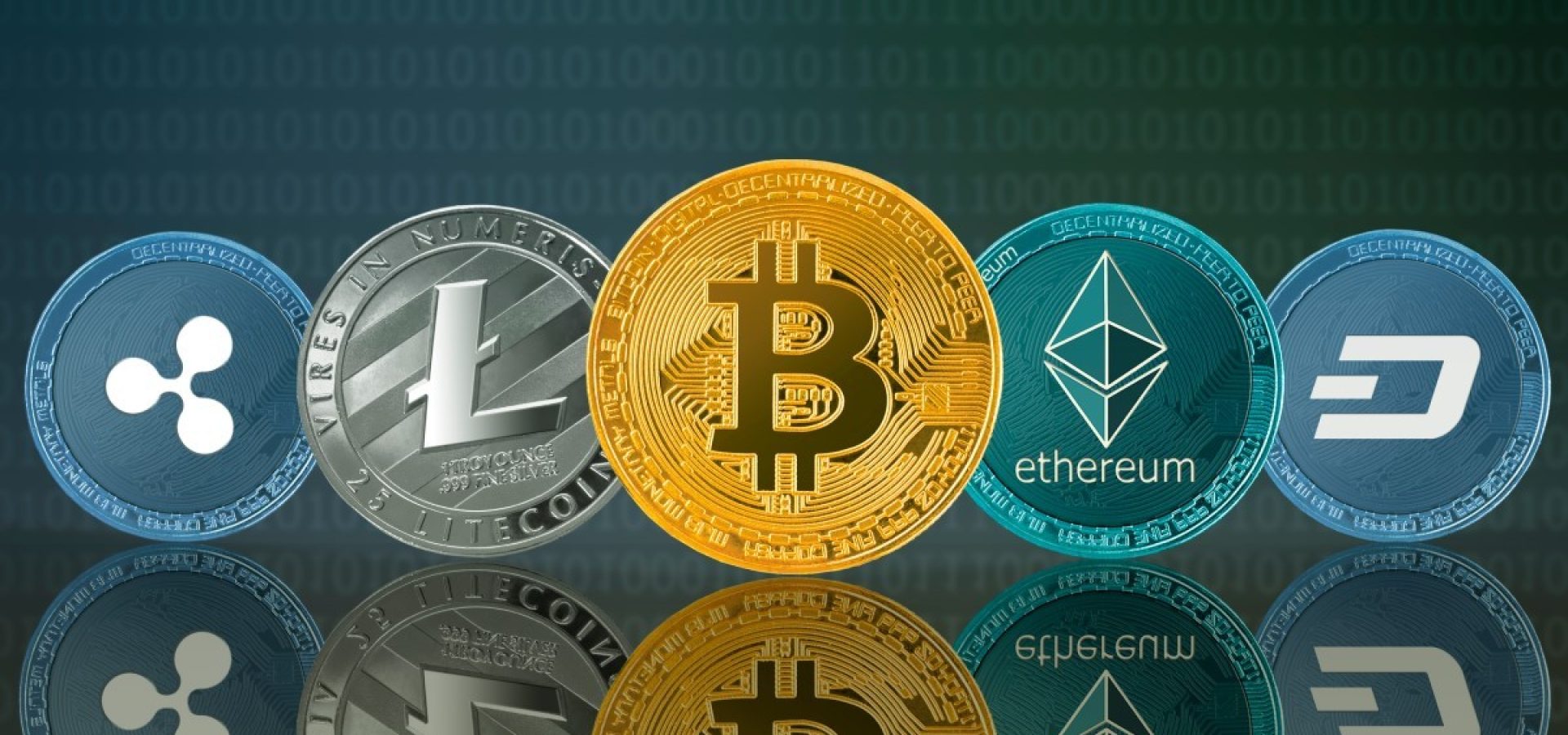Singapore is a major financial hub not only when it comes to Asia but around the world. Interestingly, one of the smallest countries, with a total area smaller than some of the cities in other countries, became the financial hub. Hopefully, the crypto industry is evolving in Singapore.
Recently, the country’s tax authority released an e-tax guide. Let’s have a look at this guide to learn more about the local crypto industry.
For example, the tax guide clarifies procedures for more obscure crypto events. The tax authority Inland Revenue Authority of Singapore (IRAS) will not impose income taxes on the airdropped payment tokens or those that come from a blockchain hard fork, which is a “windfall”.
It is important to remember that, like other payment tokens, nontraditionally delivered cryptos does not fall into the category. As a result, the tax will apply to nontraditionally delivered cryptos when it comes to transactions.
Importantly, IRAS considers payment tokens such as Bitcoin to be “intangible property” instead of legal tender. It means that, when a customer pays in Bitcoin, this person is engaging in “barter trade” for which the goods and services are taxed. Nevertheless, this does not apply to the payment token itself.
The country has an investor-friendly tax scheme and thanks to this factor, all capital raised by the security token ICO issuers belongs to them. Nevertheless, utility token ICO issuers are not so lucky.
Interestingly, the payment token ICO issuers, need to pay right away, but such schemes are not common.
Various types of crypto
Last week, IRAS released its e-tax guide. Notably, this guide helped to fill in the tax gaps for so-called “digital tokens” regarding all three types of crypto.
The first one is payment tokens, used to buy goods and services. The second type is the utility tokens, which represent a right to goods and services and the third type is security tokens or digital tokens.
Furthermore, each of them has a new definition and corresponding tax treatment from the IRAS.









COMMENTS